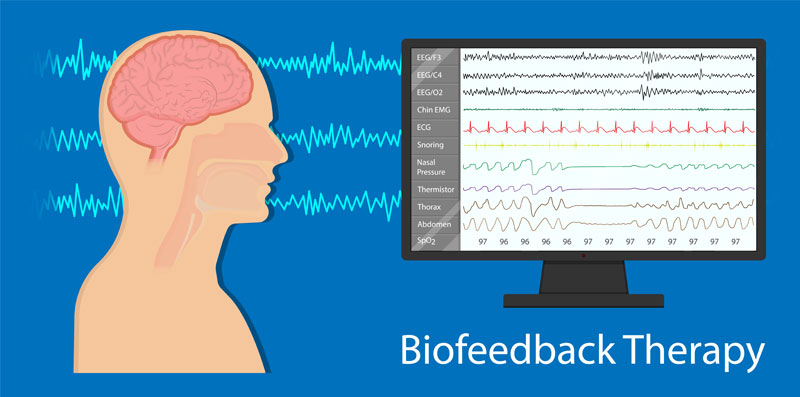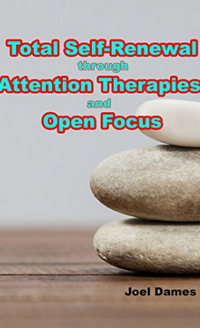Will there always be an REBT?
 On another blog, a friend was gently ribbing me about my interest in “kooky” stuff like TaiChi and biofeedback that has little to do with REBT-CBT. |
Your equating HRV biofeedback (Heart Rate Variability Training) to cough syrup is amusing, especially to one who occasionally drank cough syrup in his shallow and callow youth to get stoned! However, if you believe that cognitive-behavioral approaches can bring balance to the sympathetic and parasympathetic nervous systems and create homeostasis, surely you are willing to consider the possibility that working directly on those systems can affect the distorted thinking that generates disturbed emoting. What is good for the goose is good for the gander, as it were.
I began my interest and involvement with REBT-CBT in 1988. It was a great leap forward from the humanistic, touchy-feely, psychodrama, neo-Freudian, human potential systems, approaches and therapies I had undergone and practiced prior. However, using REBT-CBT I kick-started myself out of a treatment-resistant depression that had gone on for years and had gotten little relief from traditional short-term psychotherapy nor from various anti-depressant meds. Certainly as this occurred immediately following my getting clean and sober, it could be considered a serious case of PAWS (Post-acute-withdrawal syndrome), although I never thought about it or framed it in that way at the time. Looking back, I believe that probably what was going on could have been one of the “softer” forms of bipolar where you get a lot of (treatment-resistant) depression and little or no mania. I don’t think they had defined “soft bipolar” yet. Still, whatever it is, I got it–but thankfully I manage quite well with REBT-CBT and with some of the other, admittedly off-topic, modalities I talk about here sometimes. For me, the whole “body” side of the mind-body equation has come rather late in life. Psychotherapists are missing a trick if they cling to the notion that talk-behavior therapy can be all things to all people. Biofeedback, mindfulness and TaiChi represent important ingredients in my “wellness stew” and in any event are much more interesting to me than watching teevee.
For more information on Open Focus Training, click see my longer post in the bookshop.
| Rex gives it 4 1/2 hearts! |
|
 |
 |
 |
 |
 |
 |
Alas, it is my conclusion–hardly a brilliant or unique insight–that REBT-CBT like all other forms of talk-therapy including the more “kooky” stuff I did prior has limitations. This is why, I believe the Beck school of CBT has fragmented and fractured into a rainbow of variations–much of it in the direction of mindfulness-based cognitive therapies–and why, as I understand it, the so called Albert Ellis Institute (AEI) does not remain very true to Dr. Ellis’s template. Although you often hear that CBT is the most widely practiced form of psychotherapy today, I am not sure what that means or who is practicing what. It will be fascinating if I am alive and lucid enough to see where all of this is going and if the field coalesces into a coherent school, or if it will be superseded by a completely new theory and approach.
I’ll tell you later, but I am wondering if neurofeedback will eventually prove to be a more important intervention than psychotherapy. It is hard to do research for reasons too complex to get into here, but many of those reasons are intrinsic to the nature of neurofeedback itself and that makes wide acceptance a slog, unfortunately. For me, it represents the most exciting thing I have come across and been involved with since I discovered REBT-CBT in 1989.
Warm regards,
Rex
Rex@REBTinfo.com

![]()
Originally posted 2013-02-28 02:06:26.
- Baby I Need Your Lovin’ . . .Really? - Sat 27 Jul 24
- Accentuate the Rational - Fri 26 Jul 24


